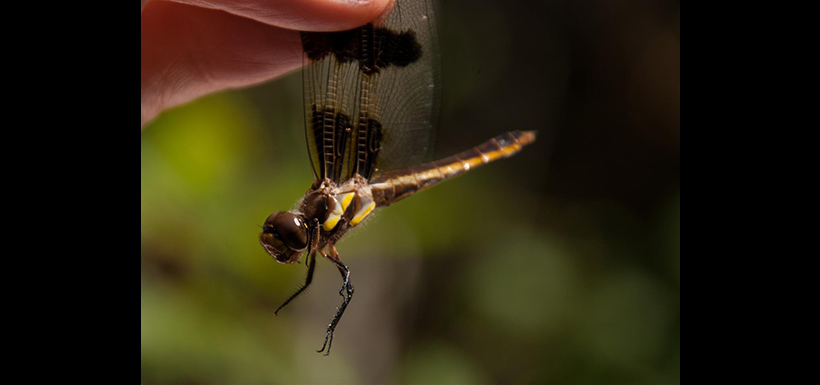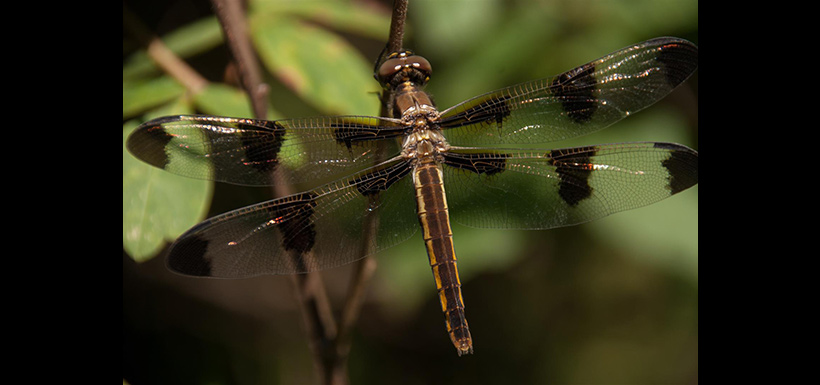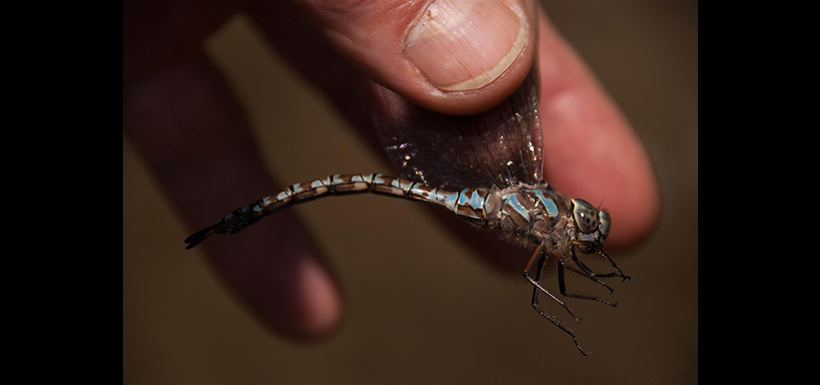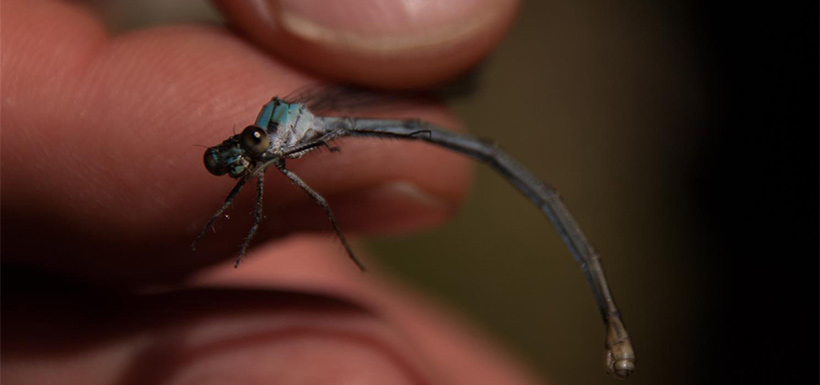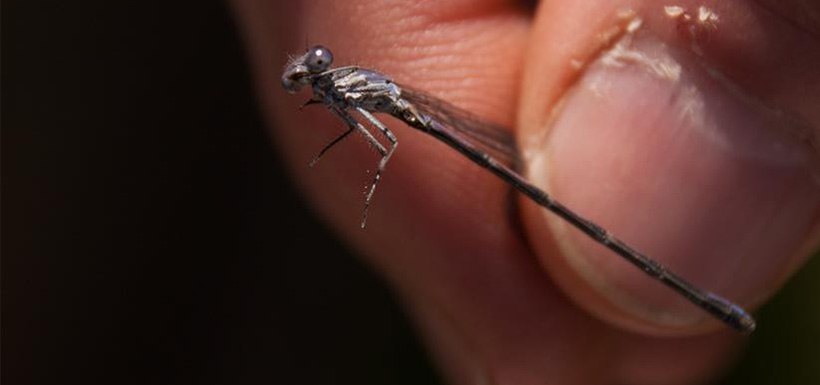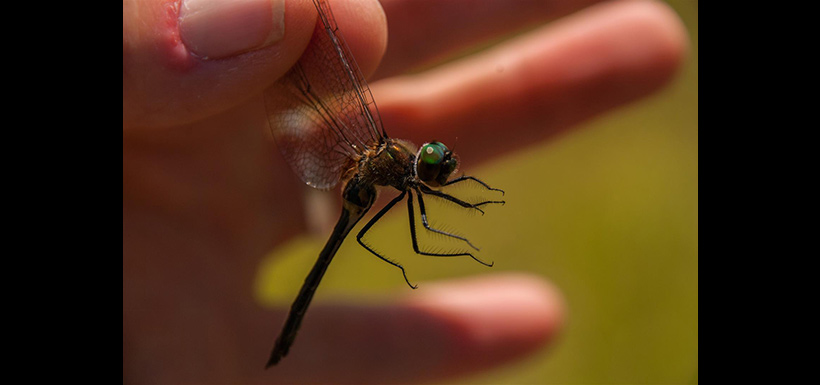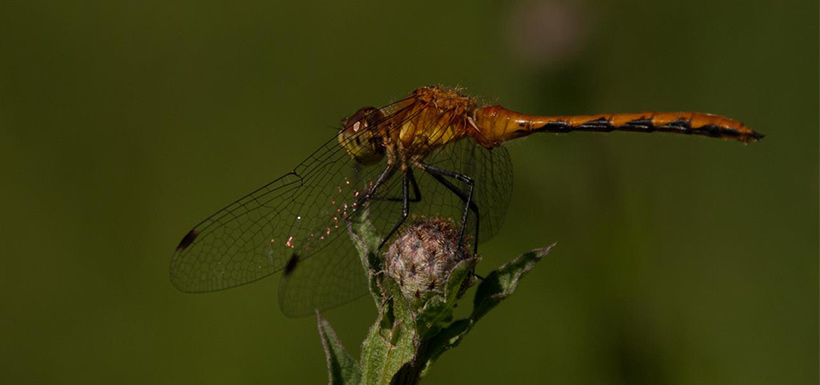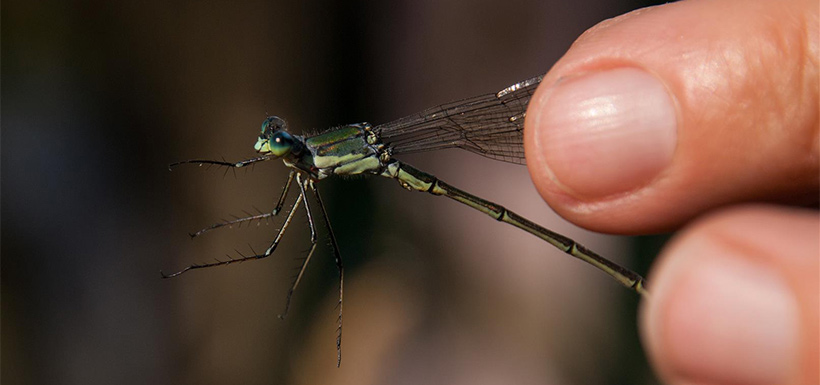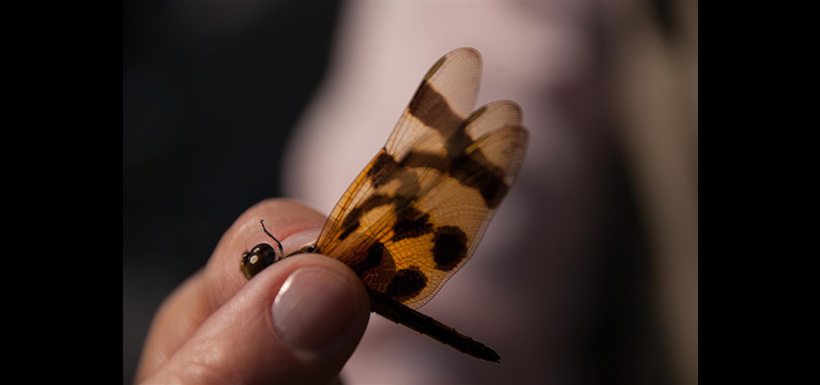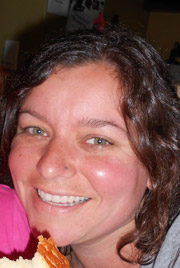The Carden Alvar dragonfly count: An unforgettable learning experience
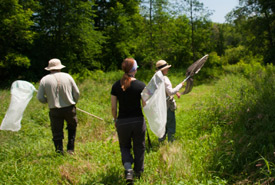
Volunteers searching for dragonflies at Carden Alvar, ON (Photo by Leanne Gauthier-Helmer)
There truly is an art to learning. I discovered this two years ago when, at the age of 35, I went back to college as a full-time student. I also learned that we all learn differently.
I have watched, mystified, my husband and son both take advantage of their auditory senses. By simply listening for a quick minute or two both of them are able to firmly grasp the meaning of what is being discussed and then hold that information in their brains for years to come. But for me, Benjamin Franklin said it best when he said: "Tell me and I forget, teach me and I remember, involve me and I learn."
I suppose that is why participating in the Carden Alvar dragonfly count that took place this year on July 16 was the best way for me to take my first step into the amazing and complex world of dragonflies and damselflies. I am a hands-on learner, and field work, besides allowing me to be a grand adventurer on an otherwise boring day, helps me to learn.
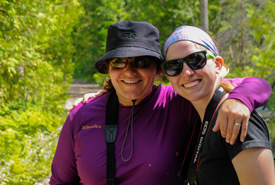
Volunteers at the Carden Alvar dragonfly count (Photo by Leanne Gauthier-Helmer)
We all know the benefits of volunteer work and the way it helps to bridge a very important gap in funding, but let me be a little more selfish for a moment and talk about what volunteering does for me, a newly budding naturalist:
Upon arriving at the Carden Recreation Centre the day of the Conservation Volunteers event, I was warmed by the scene: 20 or 30 like-minded people excited to, please mind the phrase, “dork it out” over nature. I don’t know about you, but this doesn’t happen for me very often; my regular day does not consist of people getting very excited over anything smaller than a toonie.
I love this moment. I’m excited just to be here; what could be better! There is truly something magical to be said about being in a room with people who feel the same way about nature as you do, and that gives me joy.
But, let’s talk a little more selfishly. To be frank I have spent a lot of money on my education. Volunteering costs me nothing but my time and the gas it took to get there, but what I learned in a day without a doubt rivals anything I have ever learned in school. And the best part: it was all for free! Remember, involve me and I learn; I am a hands-on person.
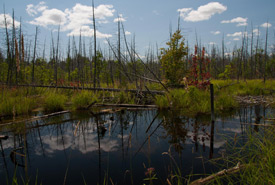
Prime habitat for dragonflies and damselflies. (Photo by Leanne Gauthier-Helmer)
What happens at an event such as the Carden Alvar dragonfly count is that the event leaders, namely NCC’s Laura Robson, as well as local naturalist Bob Bowles, stick a person like me, who is so desperate and excited to learn anything about identifying dragonflies and damselflies, with a seasoned and knowledgeable team leader.
Our team leader, Susan Blayney, truly came off like a matriarch of nature on that hot sunny day in July. She did her best and took every opportunity to teach me all she could about the subject at hand, such as:
- the best habitat in which to find our species;
- how to distinguish one species from another; and most importantly,
- what makes a dragonfly a dragonfly and not a damselfly.
This was no dry, boring lecture where all I could think about was the hard seat under my bottom. Susan was just as excited as me and it was infectious. Isn’t there an old saying that suggests when one person teaches, two people learn? I wanted to catch more, to see more and to learn more. Honestly, I didn’t think I knew dragonflies were so darn beautiful.
My husband joined us that day, and although he enjoys nature it isn’t the same kind of passion for him as it is for me. Nevertheless, he left that day telling people how much fun it was and how much he learned as well. I’ve noticed him on more than one occasion thumbing through my field guides, curious about what he just spied on one of our walks together. Our marriage now has one more thing in common; learning through volunteer work brought us that as well.
I would love to tell you that I volunteer for the good of the planet, or the good of a species, and I do. Yet in the same breath, I do it for all the things it gives to me.
Click on the pictures below to view this slideshow.
Special thanks to Susan for leading our group and id'ing these beautiful butterflies and damselflies!

